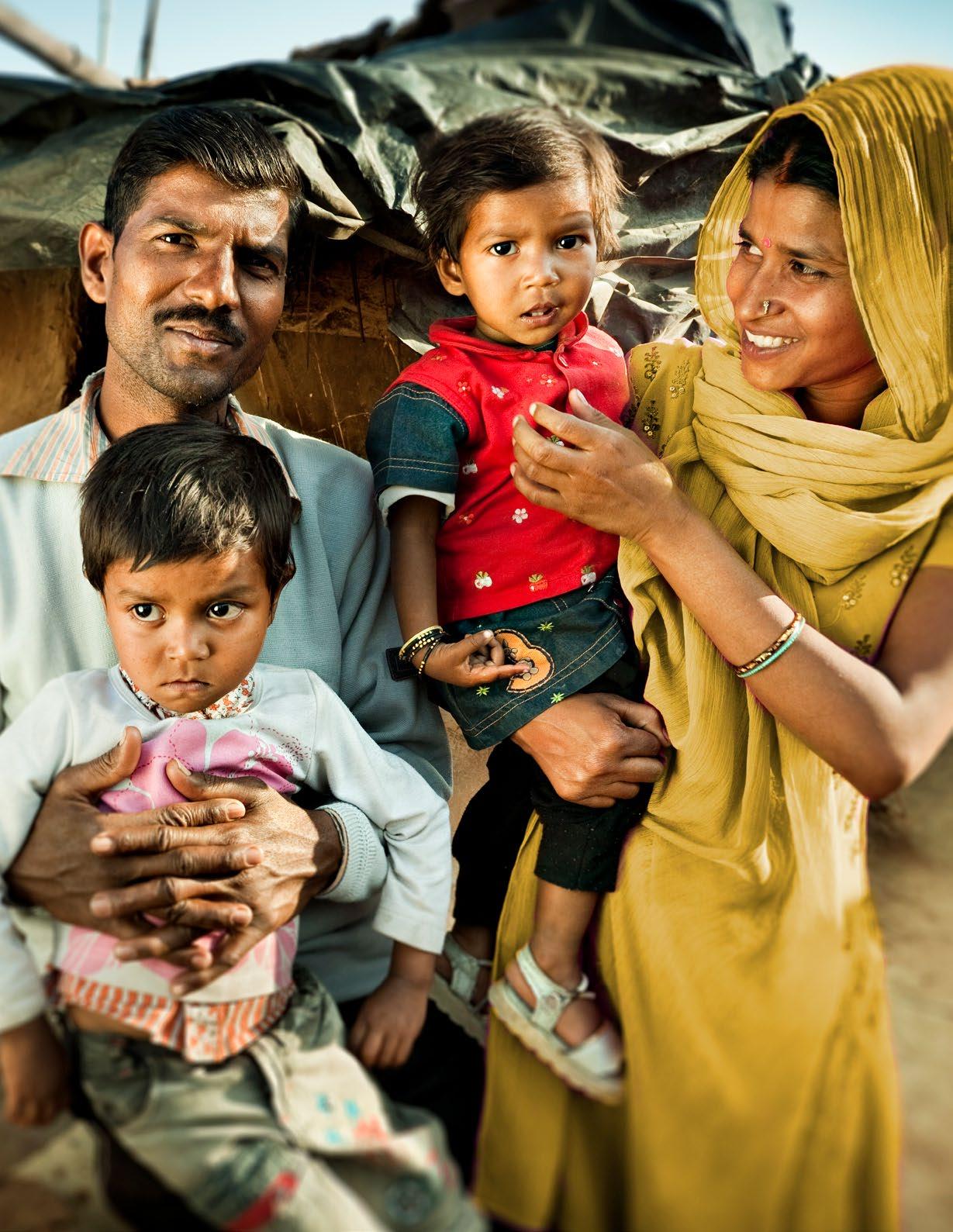IMPACT REPORT 2022



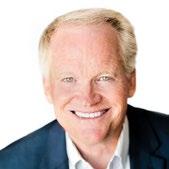

A little over a decade since the Sorenson Impact Foundation was established, I am proud to share that we have made over 65 catalytic, program-related investments (PRIs) into early-stage impact start-ups, as well as transitioned our entire market-rate investment portfolio into mission-related investments (MRIs). As you will see in the following pages, our PRI program has had multiple successful exits and has positively impacted the lives of over 500 million people around the world, providing access to healthcare, education, clean water, jobs and safety. Our market-rate impact investment portfolio employs best-in-class impact investment strategies across all major institutional asset classes, has beat traditional, market-rate benchmarks and delivered incredibly strong impact – creating over 174,000 jobs, supporting an additional 285,000 jobs, reaching 490 million students, unlocking $5 billion in capital for underserved borrowers and much more. It is my hope that sharing our process, portfolio, and most importantly, impact outcomes, will help inspire others to leverage their entire balance sheet – programmatic and market-rate capital – in game-changing, innovative ways to fund the next generation of mission driven companies.

Sincerely,
Jim Sorenson

SIF* was established in 2012—when the impact investing field was still in its earliest stages—to invest in socially impactful businesses and encourage others to do the same. The Foundation remains dedicated to deploying catalytic capital to create and improve systems that raise up historically marginalized and underserved communities.
The companies in our portfolio care as much as we do about these efforts. They devote their talents and resources to implementing solutions that enable all people to experience equitable opportunities for economic mobility, access to quality education and health resources, and tangible improvements in quality of life. This report showcases just a snapshot of the incredible work being done across the SIF portfolio.

At the Sorenson Impact Foundation, we invest in innovative social entrepreneurs solving the world’s most pressing issues. We consider it an opportunity and obligation to support the work being done by inspiring entrepreneurs around the globe.* The Sorenson Impact Foundation

Beyond creating impact, Sorenson Impact Foundation has another fundamental purpose: to model our investment process and rigor after traditional investors, demonstrating that impact investing is a worthy form of investing, both socially and financially. We believe the principles of business that create economic success must be applied to the philanthropic and social impact landscape to achieve sustainable, lasting change in the world. We strive to exemplify the success of impact investing in a way that makes it more attractive to broader pools of capital beyond philanthropic organizations.
Since 2012, the Sorenson Impact Foundation has focused on leveraging the power of program-related investments (PRIs)* to distribute catalytic capital to innovative, young, scalable organizations addressing significant issues for marginalized and underserved populations. PRIs are a natural fit for our investing goals, allowing funds distributed to be returned, along with their profits, and reinvested in future efforts. PRIs allow the Foundation to make continuous, long-term social impact while bolstering the success of passionate social entrepreneurs and the local economies they serve.
To date, the Foundation has invested in over 65 early-stage companies as PRIs, achieved multiple successful exits, including investment buyouts and company acquisitions. The Foundation’s portfolio companies have positively impacted the lives of over 500 million people around the world by
*Program-related investments are deemed by the IRS to be treated like a grant for tax purposes even though the capital can be returned, with a profit, for investment into future causes. The IRS defines program-related investments as those in which (1) the primary purpose is to accomplish one or more of the foundation’s exempt purposes, (2) production of income or appreciation of property is not a significant purpose, and (3) influencing legislation or taking part in political campaigns on behalf of candidates is not a purpose.
increasing access to healthcare, education, clean water, jobs, and safety. Further, 21% of our investments have been in Black, Latinx, or Indigenous founded companies and 32% have been in companies founded by women. Portfolio companies’ executive teams likewise reflect diversity with 21% Black, Latinx, or Indigenous and 35% female leadership. The strength of this portfolio is driven by its focus on differentiated founders and massive markets—in other words, inclusive impact investment helps us outperform the market. Based on preliminary 2021 findings, our portfolio companies yielded an average revenue growth multiple of 14.4x when comparing 2021 revenue to each company’s revenue at initial funding.

In addition to PRIs, the Foundation allocates its endowment** to investments that are aligned with positive social missions at
**A US charitable foundation’s corpus or endowment is the primary capital used to establish the foundation that must grow by at least 5% per year in order for the foundation to continue to distribute funds each year in perpetuity. This is typically invested in a diversified portfolio seeking risk-adjusted market rate returns similar to pension funds or other growth-seeking investment portfolios.
The Foundation’s portfolio companies have positively impacted the lives of over 500 million people around the world by increasing access to healthcare, education, clean water, jobs, and safety.
a market-rate return. These investments, known as mission-related investments (MRIs)*, are selected for their values-based missions, influence on and consideration of ESG** factors, and solutions-oriented business models. Following the early in dications of success in our PRI portfolio in 2016, Jim Sorenson approached the Foundation’s financial advisors to discuss how we could also mission align the invest ments in the corpus.
This process of transitioning the Foundation’s endowment fully into impact investments began in earnest in 2017— with SIF strategically transitioning every dollar of our corpus assets into best-in-class impact investments across each asset class. By the close of business on the last day of 2020, we had done it: the Foundation’s MRI portfolio was composed entirely of impact investments, including public equity, private equity, venture capital, real estate, and fixed income strategies in a fully diversified, endowment-style portfolio.
And most importantly, we didn’t have to make a trade-off. Our portfolio has earned a 6% annualized return since the beginning of the mission alignment process on December 31, 2017, which has outperformed our market-rate benchmark by 1% annualized. Alongside market-rate returns, the portfolio has delivered incredibly strong impact–creating over 174,000 jobs, supporting an additional 285,000 jobs, reaching 490 million students, preserving over 216,000 affordable housing units, unlocking over five billion in capital for underserved borrowers and much more. We are especially proud of the diversity of the investment managers that make up our market-rate impact portfolio: 73% of our managers have 50% or more ownership or leadership by women and people of color.
Alongside market-rate returns, the portfolio has delivered incredibly strong impact–creating over 174,000 jobs, supporting an additional 285,000 jobs, reaching 490 million students, preserving over 216,000 affordable housing units, unlocking over five billion in capital for underserved borrowers and much more.


*Mission-related investments are impact investments seeking a marketrate return and are found in SIF’s investment portfolio as opposed to PRIs which are a part of the grant portfolio.
**Environmental, Social, Governance investments are typically investments in companies who adhere to the highest environmental, social, and governance standards. For example, an investor who prioritizes the “Environment” in ESG may invest in companies who have taken measurable steps to lower their carbon footprint.
294mm Metric Tons of Carbon Avoided
490MM Students Reached $5.0BN Capital Deployed to Underserved Borrowers
174K Jobs Created $2.3BN Sustainable Assets Under Management Catalyzed
232MM Users Brought Online Progressing Financial/Digital Inclusion
285K Jobs Supported
$300MM Global Public Health Solutions Catalyzed
216K Affordable Housing Units Preserved or Created
As noted by founder Jim Sorenson when discussing the Foundation’s MRI portfolio, the Foundation employs various investment strategies “in a fully diversified portfolio just like most other institutional investors, [yet] every single fund manager we work with is dedicated to achieving high impact alongside strong financial returns” (2021). In line with this goal, we assess the portfolio’s performance across both financial and impact returns.
Because we support early-stage, highly scalable social enterprises, the promise of long-term growth must be a clear measurement focus. Thus, a portfolio company’s financial viability is paramount. We assess a company’s growth primarily by revenue growth since our initial financial investment and over time, providing a proxy not only for the company’s rate of financial return and potential success, but also for its future fundraising potential. We expect that a company’s revenue growth will increase at least along the same rate as its
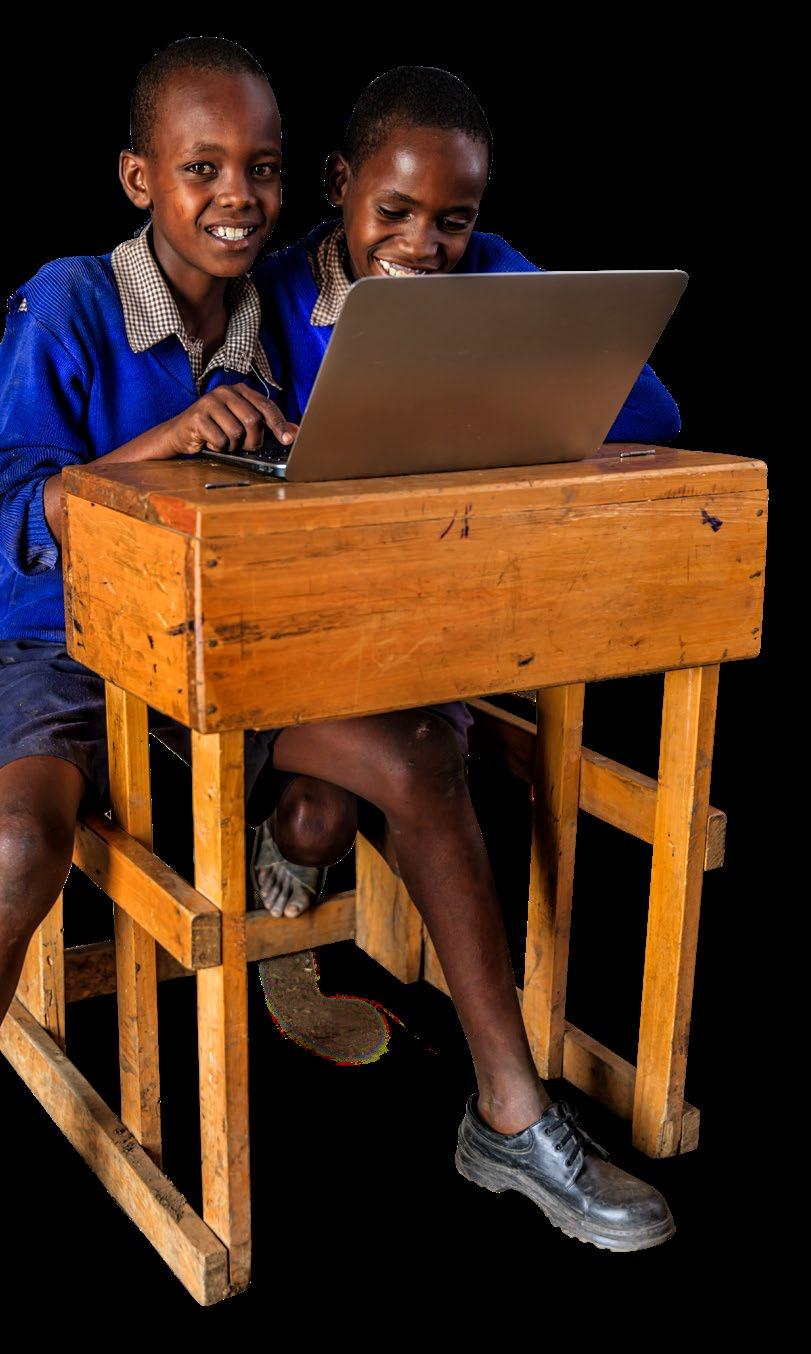
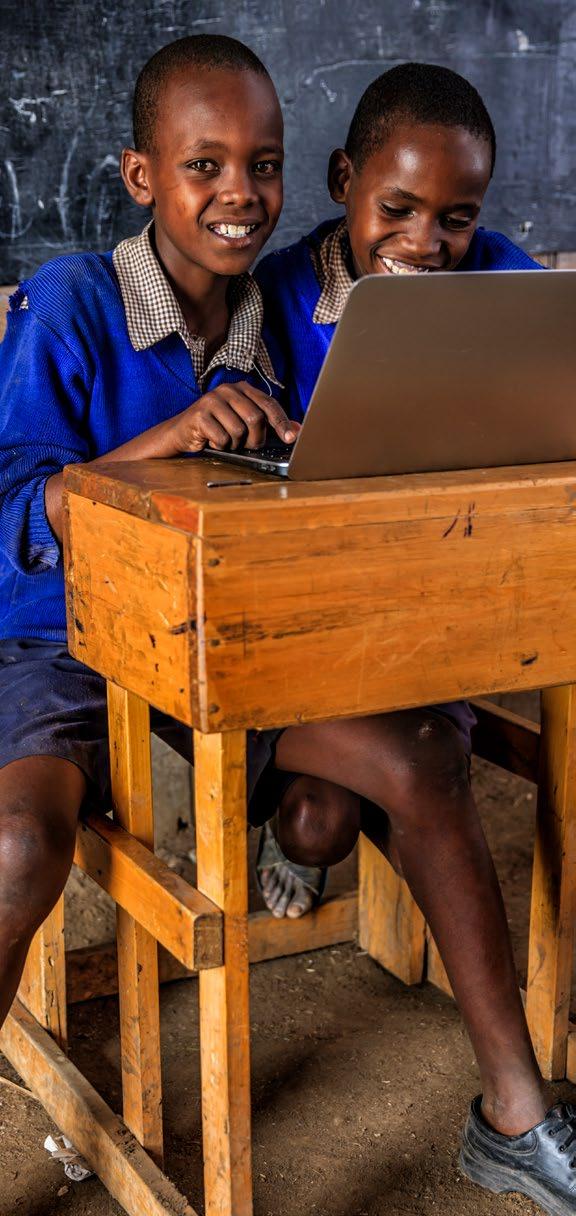
We assess social impact across the MRI portfolio by examining the range and concentration of United Nations Sustainable Development Goals (SDGs) targeted by our thematic impact managers
impact growth, signaling that the business model upholds the impact goal.
Additionally, companies should ideally attract further commercial capital from other institutions after their initial funding from the Foundation. An important subcategory we use to measure the financial success of the portfolio is to what extent companies are receiving subsequent financing from other commercial or institutional investors. Tracking additional investment is one way to see the extent to which the Foundation capital helps entrepreneurs turn ideas into investable businesses.
In our MRI portfolio, we aim to captureannualized risk-adjusted market rates of return on our 100% mission-aligned endowment that can compete with, or even exceed, comparable figures from non-impact-focused traditional investment portfolios. When we prove that impact investments can be just as profitable, if not more profitable, than other investment types, we fulfill our mission to de-risk impact investing for others and pave the way for more capital to be directed toward supporting social enterprises.
All of the Foundation’s investments focus on making a direct, positive impact on the people living in the communities they serve. For this reason, we track an overarching impact metric termed “Lives Impacted.” Exactly how those lives are impacted, however, varies significantly across our companies given the diverse issue areas or sectors in which our MRI and PRI portfolio companies operate. Definitions of “lives impacted” throughout the portfolio can include the number of jobs created, number of school uniforms provided, number of microloans awarded, number of students using EdTech platforms, number of life-saving dispatches completed, and so much more.
In an effort to emphasize the importance of working to uplift marginalized and underserved communities, a key impact metric of the portfolio is how well our portfolio companies serve emerging markets (BoP or low-income), women, or non-white racial and ethnic groups. Inclusivity in the entrepreneurial process is also a core strategic pillar of promoting social good. Therefore, we track diversity in the executive leadership
*The United Nations Sustainable Development Goals are the seventeen goals that the United Nations developed to alleviate human suffering around the world with initiatives such as reducing poverty, eliminating hunger, and combating climate change.
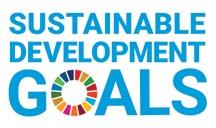
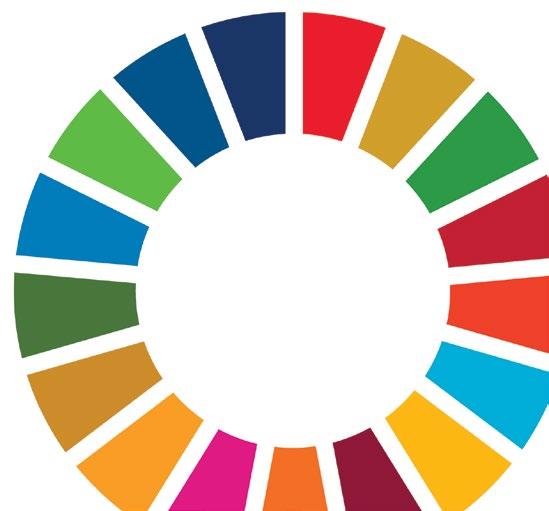
**Thematic impact investments are those that are rooted in making something good happen versus merely avoiding something bad. An example would be investing in a fund that accelerates low-income housing development whereas a non-thematic investment would be investing in a fund of public companies who have stronger diversity, equity, and inclusion practices than their peers.
and staff of our portfolio companies. We collect demographic information on companies’ founders, executive teams, boards, and full- and part-time staff to ensure our companies are representative of the populations they serve.
We assess social impact across the MRI portfolio by examining the range and concentration of United Nations Sustainable Development Goals (SDGs)* targeted by our thematic impact** managers. Additionally, where possible, we track the impact outcomes of our portfolio companies’ engagement in their specific SDG categories. Comparable to our performance indicator tracking for diversity and inclusion, we assess how our thematic impact managers target underserved and diverse populations. Similar to measuring lives impacted, the approach to targeting underserved populations varies widely within the portfolio. We collect qualitative data from companies around their theory of change and the motivations behind how they address inequities through their business model.
We are proud to align our impact efforts with the United Nations Sustainable Development Goals. Our portfolio companies make positive change in the world across all of the 17 goals.
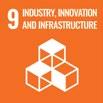
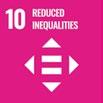
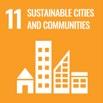
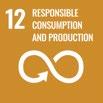

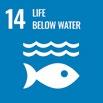
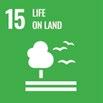
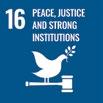
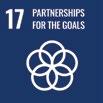
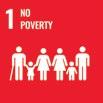


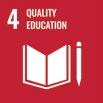
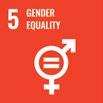
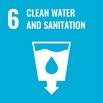
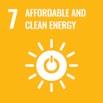
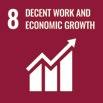

















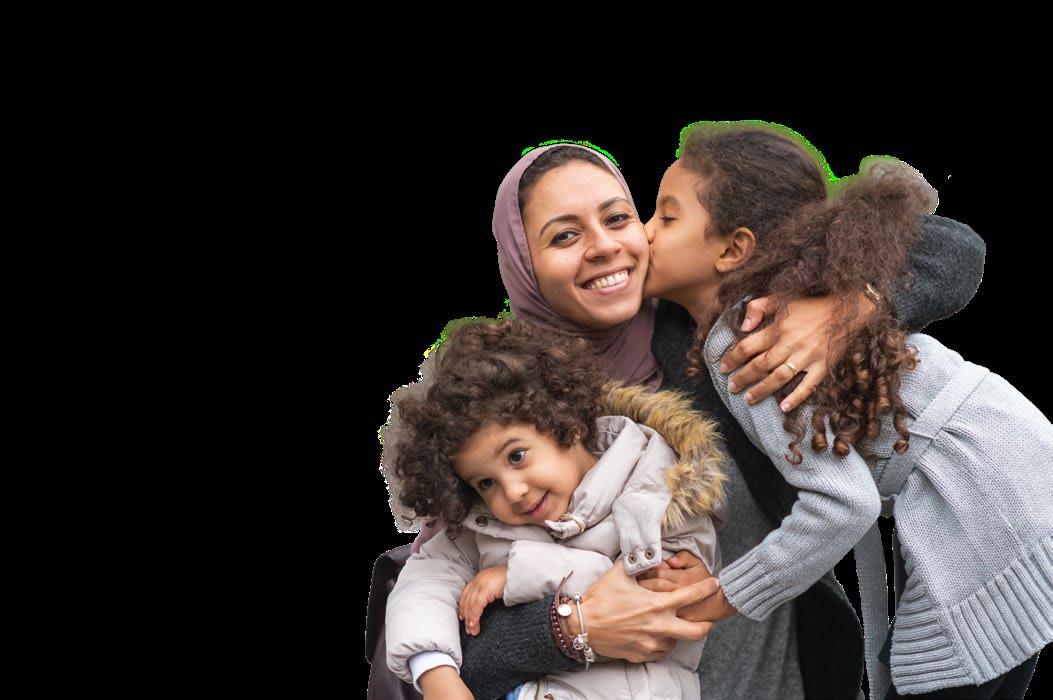
Where you invest your money matters.
– JIM SORENSON
Organizations in the Sorenson Impact Foundation’s portfolio are making an impact in more than 110 countries* across five continents, with efforts currently focused across Asia, Africa, and North America. The Foundation is committed to increasing opportunities and quality of life for all people, regardless of geographic location.
*As the portfolio shifts and expands, data on global operations is continually changing. Please be aware that impact may be occurring in additional countries to those included in this visualization. For more the most updated information on the portfolio’s global reach, please contact the Sorenson Impact Foundation.
Lives impacted with SIF investment:
70,379,554
FIRST YEAR OF INVESTMENT
569,276,994
LIVES IMPACTED AS OF 2021 ARE LOW-INCOME ARE WOMEN ARE NON-WHITE
75% 49% 81% 50% 74%
Raised money at a higher valuation within 3 years of SIF’s investment
Raised money from commercial or institutional investors within 4 years of SIF’s investment
NATIVEAMERICANASIANBLACKHISPANICORLATINXMIDDLEEASTERN PACIFICISLANDER WHITE OTHER/DIDNOTRESPOND
*Figures on these pages represent selfreported 2021 data of portfolio companies collected via portfolio-wide survey.
Bringing the power of mobile commerce to middle- and lowincome Africans—transforming a historically neglected market into a force of empowered global consumers.

SECTOR
E-commerce and mobile
GEOGRAPHY
Kenya, Uganda
WEBSITE
Copia Global brings value to over 800 million Africans who currently do not have access to essential and quality products. By leveraging proprietary e-commerce tech, local partner networks, and unmatched logistics systems, Copia overcomes traditional hurdles to e-commerce such as remoteness, lack of internet access, and other barriers to serve rural Africans who are often unable to obtain common household goods, resulting in limited options and hefty price tags.

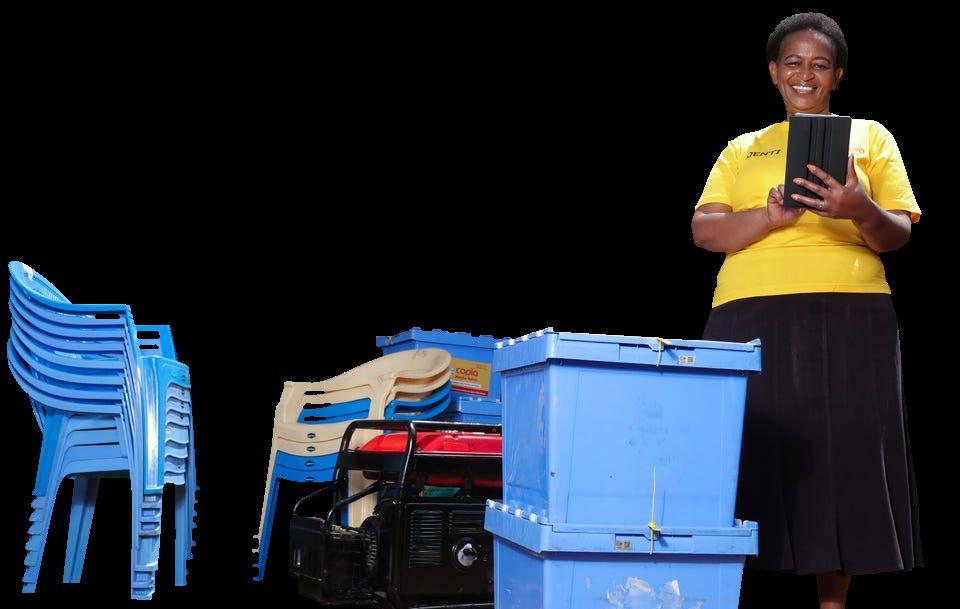
Co-founder Tracey Turner experienced this firsthand while living with families in Nairobi and its surrounding rural villages. “It was incredibly transformative for me as a 20-yearold to understand and to experience life in that kind of environment,” said Turner.


Copia was founded on the idea that there are millions of individuals who have the capacity to act as informed, empowered consumers in the global economy—they just lack the opportunity to do so because of political, geographical, and other forces beyond their control. Copia frees its customers from exorbitant prices, long shipping times, and expensive treks to the nearest city through its accessible mobile e-commerce platform and a network of more than 38,000 agents that serve as collection points.
copiaglobal.com

agents typically see a 25% increase in foot traffic from returning Copia customers and a 40% overall income bump from a commission on every sold Copia product. Today, Copia is one of the fastest-growing retail enterprises in Kenya and Uganda with plans of expanding into other African countries in the future.
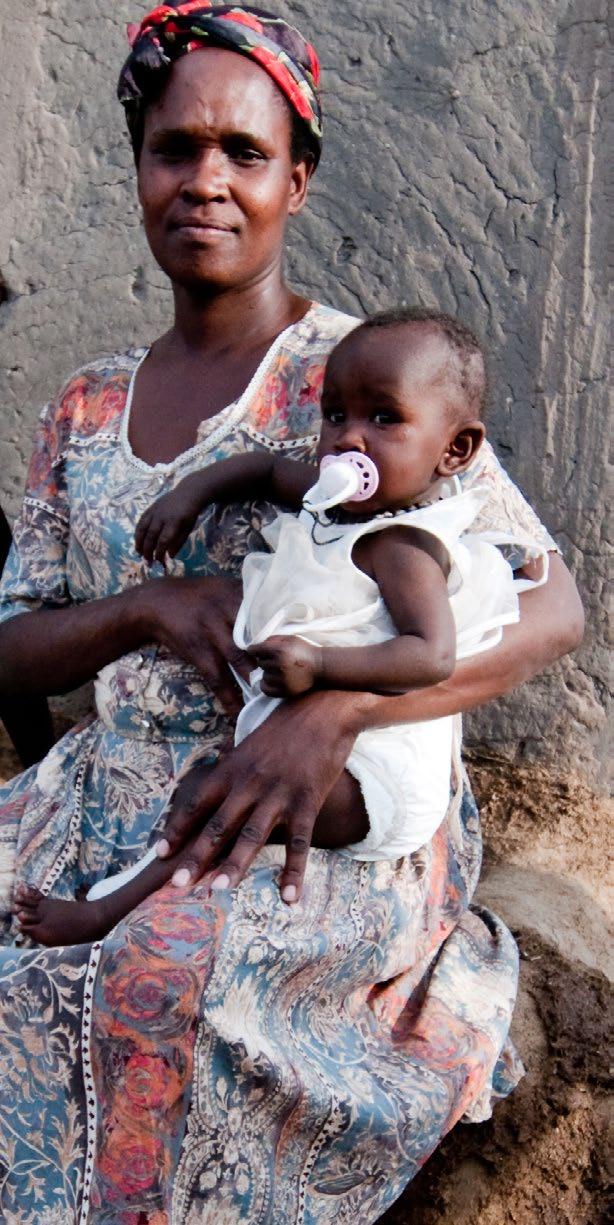
The proof of Copia’s success in this $680B market can be measured in part by the impressive 25% monthly revenue growth rate out of its newest operation in Uganda. The Copia team identified and applied the best aspects of their operation in Kenya and migrated that approach over to the Ugandan market. Turner explained that while many businesses and nonprofits
attempt to expand rapidly into multiple African countries with varying success, Copia took a different approach—test one market, work out all the bugs, and then use those learnings to expand. She remarked, “This has been a massively successful market entry due to this strategic approach.”
In the future, Turner and her team will move into more diverse African markets and pursue the ambitious goal of expanding their product offering to services such as pharmaceuticals; a market ripe for disruption. “In Africa, one in three pills are fraudulent. It’s a huge opportunity for us because our brand is trusted and people will know that if they get their medicines from Copia, it’s real and it’s at a good price point,” stated Turner. Another future goal is to offer mobile financial services in order to, once again, connect African consumers and families to tools that empower them to engage with the global economy in ways they have not previously been able.

“Our job is to turn this neglected 800 million person market in Africa into empowered global consumers who have the power of their wallets to buy things that better their lives at the best price points.”
- TRACEY TURNER, FOUNDER AND CHAIRMAN
because certain interview processes, like group interviews, may not serve the needs of the candidates.
Inclusively offers a tech platform that connects motivated disabled individuals to employers who are committed to creating an inclusive workforce. Employers can gain data insights, access to training and support resources, and information on the network of nonprofits and training programs that support diverse workers. “Our mission is to unlock the world’s hidden talent,” said Charlotte Dales, Co-Founder & CEO. The talents of around 20 million people with disabilities are hidden from the workforce because of the ways in which algorithms filter resumes with employment gaps or
Dales knew this would be the purpose of her company when she observed her cousin’s work experience as the first licensed facialist with Down Syndrome in Florida. It was clear to Dales that the employer only had to make minor accommodations for her cousin to be successful at a job she enjoyed. Dales took this idea and asked the question: how can we use technology to make it easier for employers to accommodate candidates’ unique requests at scale across the disability spectrum? Inclusively initially focused on supporting workers with disabilities because they make up the largest minority demographic and they intersect all diversity categories, from race and ethnic backgrounds to LGBTQ+ identities. By accommodating individuals with disabilities, employers broaden pathways
20MM $1MM
People with disabilities are hidden from the workforce
In revenue reached by Inclusively in 2022
“Our vision is to create one ‘front door’ for everyone. We can normalize the ability for candidates to ask for the accommodations they need to be successful... and then that levels the playing field for everyone.”
- CHARLOTTE DALES, CO-FOUNDER & CEO
A major aspect of the Inclusively impact thesis is to shift the responsibility of inclusive behavior from disabled individuals to the employers who have the power to make the application and employment experience more accessible for everyone.
for other minority segments to engage in the workforce in meaningful ways. A major aspect of the Inclusively impact thesis is to shift the responsibility of inclusive behavior from disabled individuals to the employers who have the power to make the application and employment experience more accessible for everyone.



Inclusively has experienced no shortage of early customer wins, boasting many prestigious clients such as Microsoft. However, Dales shares that the most rewarding moments are when she hears of individuals being placed in meaningful jobs through Inclusively’s services—this indicates to them that their hard work is having an impact. Another huge milestone for the company was reaching $1 million in revenue earlier this year. As Inclusively scales, Dales feels confident that the right internal team is in place. Daily operations have shifted from the common crisis
management mindset of early-stage companies to pushing real progress and seeing increased impact. That impact looks like changing the lives of people who never thought they would be able to get the job they wanted because of their disability. It looks like employers realizing they can get the right candidates regardless of ability by using Inclusively.
As the company continues to expand, they plan to build out offerings for mid-market businesses, which require more automation but have the benefit of increased agility. Another goal is to establish a community platform for their clients and collaborators so that the platform is not only transactional between candidates and employers, but also provides a network of support with inclusion as the intention, not as an afterthought.




The thesis behind 1863 Ventures is that entrepreneurship is an increasingly viable pathway for the New Majority to build long-term wealth. Founder Melissa Bradley, a serial entrepreneur, aims to lift up Black and Brown entrepreneurs who can show proof of concept for their business but may need additional education, coaching, and social capital in order to reach their full potential.
1863 Ventures provides rigorous online and in-person courses for cohorts of entrepreneurs looking to take their business to the next level. Participants learn about a variety of business topics, such as operational efficiency, reducing risk, and catalyzing growth directly from industry experts and program alums. After each program, cohorts are connected to the 1863 Ventures team and a “Brain Trust” of experts to receive personalized coaching on implementing what they learned. The company’s theory of change is that, “if we provide content that is culturally competent…and we administer it in the way that is acceptable and palatable…then we help derisk the business…[and] we can help make connections to outbound opportunities;...then they increase revenue, which then increases employment, which generates wealth in the Black and Brown communities that we care about,” explained Bradley.

GEOGRAPHY
United States
WEBSITE
1863ventures.net
To date, 1863 Ventures manages two funds: 1863 Venture Fund I and the Inclusive Innovation Equity Impact Fund (IIEIF), financed by Washington, D.C. Mayor Muriel Bowser and the Deputy Mayor for Planning and Economic Development. Venture Fund I has accomplished $1.275M in equity investments and $1.1M in debt financing while IIEIF has made equity and debt investments of $770K and $480K, respectively. 1863 Ventures’ partnerships with Capital One, Rockefeller Foundation, and Principal Foundation have generated $930K in non-dilutive funding. In six years of operation, they have surpassed their initial goal of serving 500 New Majority Founders and boast an alumni network of over 3,000 entrepreneurs nationwide.
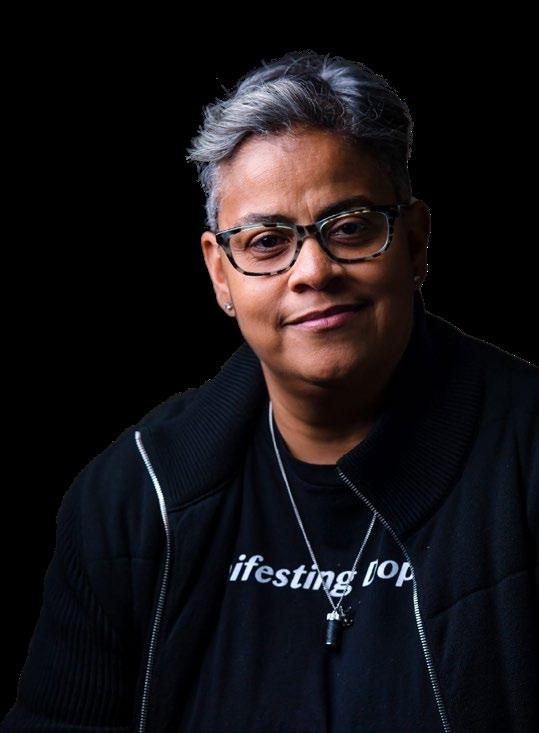
Entrepreneurs coming out of the 1863 Ventures program are seeing real success with their businesses. “We have partnerships with Target,
Whole Foods, and Wal-Mart,” said Bradley, “Forty percent of our companies end up in Target…because we’ve proven that they get a ‘first-look deal’ at our entrepreneurs and they know that they’re ready.” 1863 Ventures often connects with business owners at pivotal moments in their businesses—many, if not for this timely support, would not be scaled or operational in the way they are now.
Bradley also stated what she is most proud of in regards to 1863 Ventures’ success is that they have been able to establish such a strong brand that when entrepreneurs say they have gone through the 1863 Ventures programs, they are instantly recognized as serious individuals worth investing in. She said, “What [the brand] says to people is rigor, integrity, cultural competency, commitment to excellence, and that these are experienced entrepreneurs.” Bradley and her team will continue to strengthen their brand by exploring new business models and striving for their goal of creating $100B of new wealth by and for New Majority entrepreneurs.
500
3,000

“We’re the first check and the first validation that, as an institution, [these entrepreneurs] are worthy of investing in.”
- MELISSA BRADLEY, FOUNDER
Transforming lives, livelihoods, and local economies by providing fast and flexible business loans to small business entrepreneurs in India



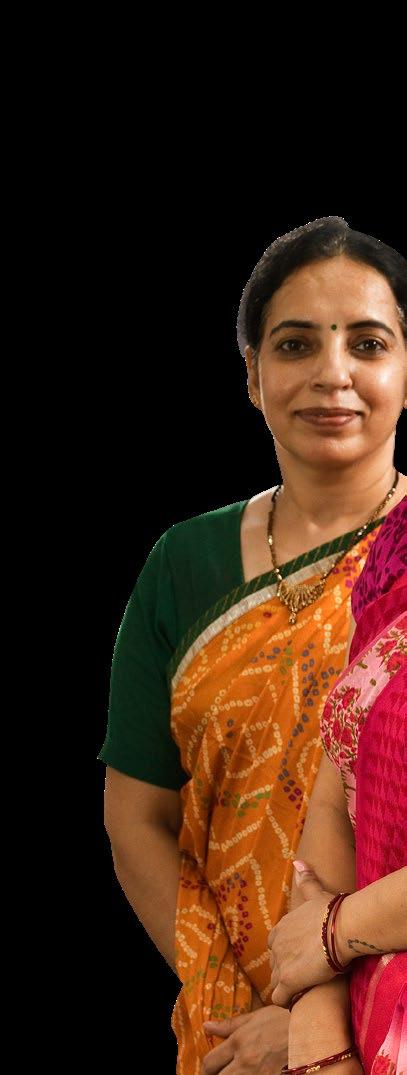
Approximately 90-95% of small businesses in India are considered micro-enterprises that generate around $75,000 in revenue per year. Small business entrepreneurs often have limited access to formal lines of credit because they lack documentation, property collateral, or formalization of their business. At the same time, this segment contributes to more than 30% of the country’s GDP and more than 45% of its industrial output. Hardika Shah, Founder & CEO, noticed this gap in availability of capital for small business owners. Her consulting background and personal experience growing up with an entrepreneurial mother led her to create Kinara Capital, a social impact fintech company that serves the small business segment in India. Through Kinara’s offerings, small business owners have the opportunity to receive fast and flexible market-rate loans without collateral, enabling financial independence and prosperity.
When small businesses get access to capital, they are able to hire more people. Shah points out that each employee of a small business in India supports an average of four to five other people with their income. This means that one income provides access to healthcare, goods and services, and general basic needs. “The theory of change is an amplification of one act that allows us to create jobs, sustain jobs, and impact communities,” explained Shah.

Recently, internal macro events in India and the COVID-19 pandemic caused tremendous pressure for Kinara to consider other market segments that were seen as more viable and stable. However, serving the small business customer is built into Kinara’s mission, market approach, and ethos—they did not stray from this core purpose. This challenge allowed them to demonstrate that human-level economics could lead to profitability, even when market trends were against them. With support from the Sorenson Impact Foundation, the company has grown enormously—from 100 dispersed loans and $200,000 in total loan portfolio to more than 75,000 loans, a $500,000,000 loan portfolio, and expansion across six Indian states in 10 years.


Shah related one of her proudest accomplishments with Kinara was being able to support women in the entrepreneurial and fintech space. Statistics about female founders’ prevalence and access to capital are shocking and unacceptable for Shah. “When I had the opportunity to build a business, I would make sure I would make room for other talented women to be at the table,” she stated. Delivering on that promise to herself, now 50% of the management team at Kinara are women and women hold positions across all roles of the business. HerVikas, a Kinara offering, provides discounted business loans for women-owned small businesses to help them become drivers of

SECTOR Finance/lending
WEBSITE
kinaracapital.com

growth and make positive multi-generational impact in their community.
Kinara’s impact is systemic, but Shah maintains that the most impactful stories for her are the individual successes. For example, one customer had the dream that his daughter would become a doctor, but he never thought he would be in a position to finance an expensive medical education.

Kinara funded his small business, and he is now able to pay for his daughter to attend medical school.
Another customer was
able to stop relying on predatory money lenders to finance his small business and save up enough to purchase land and build a home for his family. Related Shah, “These might seem like simple things… but these are such aspirational goals for small businesses everywhere. And small business owners need to know that capital is available for them to grow their business so that they can move forward in life.”
50%
of the management team at Kinara are women loan portfolio
$500 million
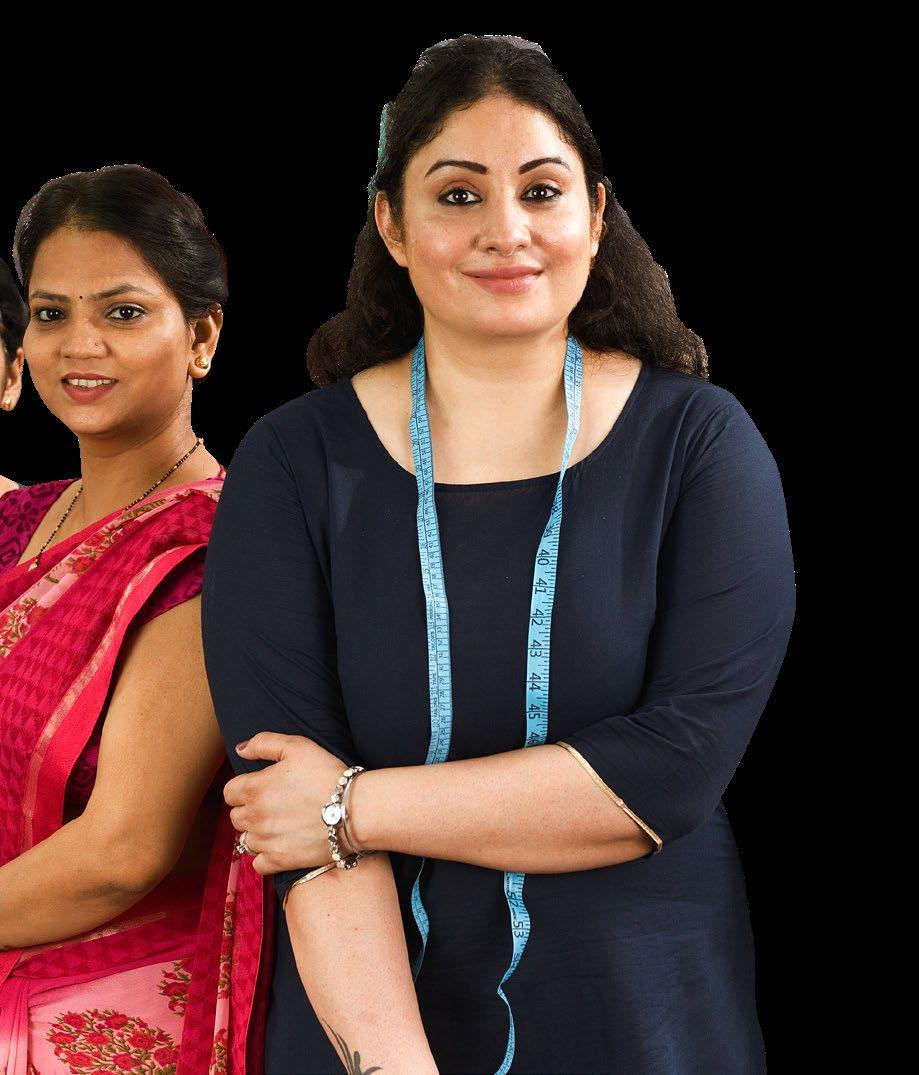
“Small business owners need to know that capital is available for them to grow their business so that they can move forward in life.”
- HARDIKA SHAH, FOUNDER & CEO
Helping workers of color build wealth, retire with dignity, and improve their lives by transitioning businesses into innovative employee ownership models



Apis & Heritage Capital Partners (A&H) is a private equity fund that works to close the racial wealth gap by acquiring thriving businesses with large BIPOC workforces and converting those businesses into 100% employee-owned enterprises. As a result, the new worker-owners are provided with a time-tested and effective way to build wealth through ownership in the companies where they work. A&H Partners Todd Leverette and Philip Reeves are passionate about the application of employee ownership, specifically through the vehicle of Employee Stock Ownership Plans (ESOPs). ESOPs provide an opportunity for workers to gain economic security and plan effectively for retirement, often for the first time.
Employees don’t contribute to an ESOP like they would to a normal retirement
$144K
is the average amount an ESOP employee has in their account, which is much higher than what the average American saves for retirement.
account—instead, they accrue shares over time as they continue to work for the company. This model is incredibly effective at helping workers invest toward a comfortable and dignified retirement. The average ESOP employee nearing retirement has $144K in their ESOP account, which is 1,400x what the average American saves for retirement. Today, 150 million Americans have less than $1,000 in savings. While employee ownership has a proven track record, A&H identified two missing links in terms of using the vehicle to build a more equitable economy. First, they make it easier for owners to sell their business to their workers using an innovative “Employee Led Buy Out” (ELBO) investment model, and second, they focus this model squarely on workforces of color. While agnostic to the demographics of their target companies’ owners, A&H focuses solely on com panies that have a large employee base from Black, Latino, and other historically mar ginalized groups.
Once a company is converted into an ESOP, members of the A&H team join the board of

directors where they help guide the company through the ownership transition, support it on a path of continued stability and growth, and work with their partners at the Democracy at Work Institute (DAWI) to help create an “ownership culture” that transforms workers into true worker-owners. Leverette described this hard-hitting moment of impact during his most recent experience making this announcement to a group of workers: “Their vision and dreams for their futures probably never included ‘owning their jobs’ and building up wealth for themselves by coming to work every day…Saying that out loud, not just to your team or to investors, but saying that out loud to the people who you’re actually able to do it for is beautiful and surreal.”
While at the microeconomic level, A&H improves job quality and personal wealth of workers, their efforts also informs the larger investment market by expanding the world of capital options that can enable these types

“The whole premise of A&H is around employee ownership as a way to build economic resiliency for communities of color. For us it’s all about closing the racial wealth gap.”
- PHILIP REEVES, PARTNERof financial transactions. Their innovative work derisks this investment opportunity for investors and the broader capital markets, which helps to reduce the cost of capital and increase the availability of capital. This is critical to the equity vision of A&H because Leverette and Reeves acknowledge that they can only make so much change to the racial wealth gap in their lifetimes— in order for there to be real, long-term impact, financial systems that reinforce equity and justice need to be put in place.
“Nothing would make us happier than for our work to spawn other funds that leverage our model - we can’t beat this country’s growing wealth gap, and specifically racial wealth gap, alone,” said Reeves.


One of the reasons the Sorenson Impact Foundation provided capital to A&H’s flagship Legacy Fund I was that the Foundation realized this is an especially important moment in the American economy. About half of all small businesses with employees in the US are owned by Baby Boomers, who are beginning to think about retirement—and many do not have a plan. A&H believes that their novel ELBO model will make it much easier for those owners to sell to their employees, receiving a fair and full price for their life’s work while leaving a legacy of employee
ownership behind them…and helping to close the racial wealth gap while they are at it.
But how can all of this happen? Founders require investment and mentorship to fuel their visions, which is the impetus the Sorenson Impact Foundation provides. Reeves stated, “What was so impactful about the Sorenson capital was that it helped enable what, at the time, was just an idea for how ESOPs and private equity models could address the racial wealth gap. We didn’t come to market with a track record in the traditional sense and our investment approach was novel. So having sophisticated investors like Sorenson sign up early on was incredibly impactful.” Since that first investment from the Sorenson Foundation, A&H has closed on almost $60 million in capital to be invested in seven to nine low-to middle-market firms, which will allow more than 500 workers and their families a valuable wealth-creation opportunity.
Today, A&H partners have their heads down, focused on making Legacy Fund I a success, but they have high hopes that with an even larger Fund II, they can bring the wealth-creating opportunities of employee ownership to thousands of workers and their families in the future.
remains untapped; InReturn Strategies founder Jim Atwater clarified, these efforts don’t address the root of the problem: companies will never be able to engage at scale with communities they can’t see and don’t understand.
The ‘invisible market’ of disabled and other underserved communities spans 67 million families and $13T. Billions of dollars have been poured into diversity and inclusion initiatives, human resources programs, and awareness trainings, yet this market


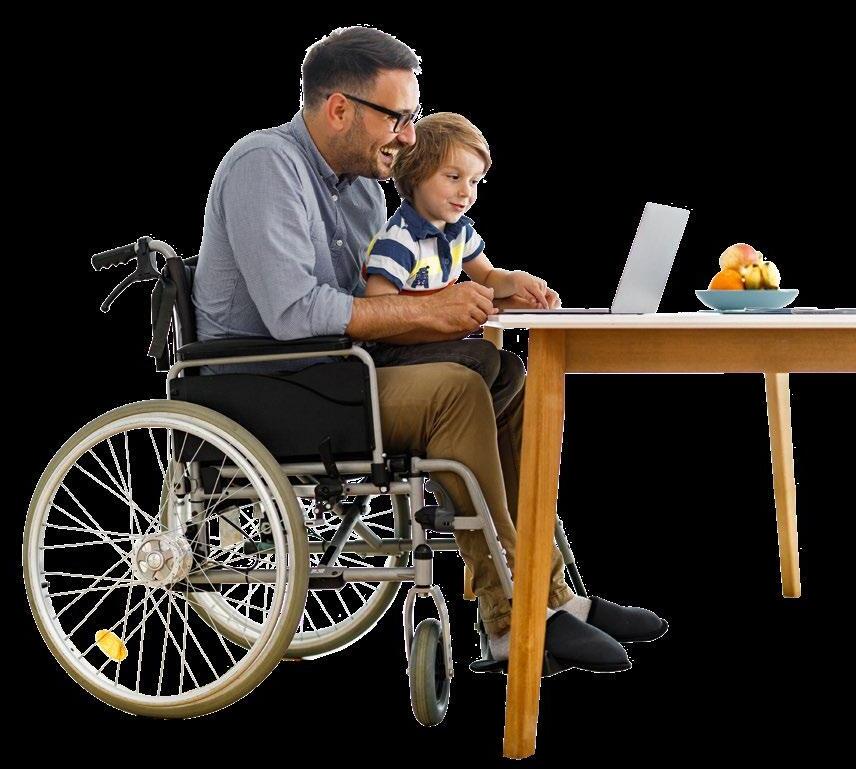
InReturn Strategies started as a talent solution, but they quickly learned that employment is not the starting point for addressing a market-sized problem. According to Atwater, “If you start inclusion at employment, you’ve already lost. This is not an HR problem, and it’s not fair to put this burden on them. And the more the world
tries to force people through these socially-driven diversity goal solutions instead of connecting to communities at a scale... nothing will ever change.” Only a small percentage of disabled individuals are involved with social sector organizations like nonprofits or government assistance programs. When companies try to connect to disabled communities by partnering with these social sector organizations, they spend valuable time and money on a strategy that is ineffective and can never scale. Because the market value of these communities is not clearly defined, it doesn’t matter what programs are put in place, Atwater belives.
He stated, “Companies are forced to see just a tiny fraction of these communities through these program lenses. And there is literally zero actionable data for companies to execute against.”


This is where InReturn Strategies comes in—a platform that is redefining how busi nesses can drive long-term inclusive solu tions by understanding and integrating the value of underserved communities into their business goals at scale. InReturn has shifted its focus to becoming the only data company in existence to allow businesses to define the market value of underserved communities, specifically those with dis abilities. Two key aspects of this mission include: 1) serving as a single source for companies to acquire actionable data on underserved markets, and 2) simplifying and standardizing the translation of the value of underserved communities so that companies can engage them as part of their markets. Their data solutions will allow companies to finally comprehend the value of these individuals who have historically been excluded and understand how to best connect with them.
As the world continues to ask how to identify and engage meaningfully with disabled and other markets, InReturn Strategies will be there to provide actionable data and expert insights. Atwater explained, “We will be the first…to define the real value of underserved communities for the rest of the world to create change in the context of their products, services, and jobs.”
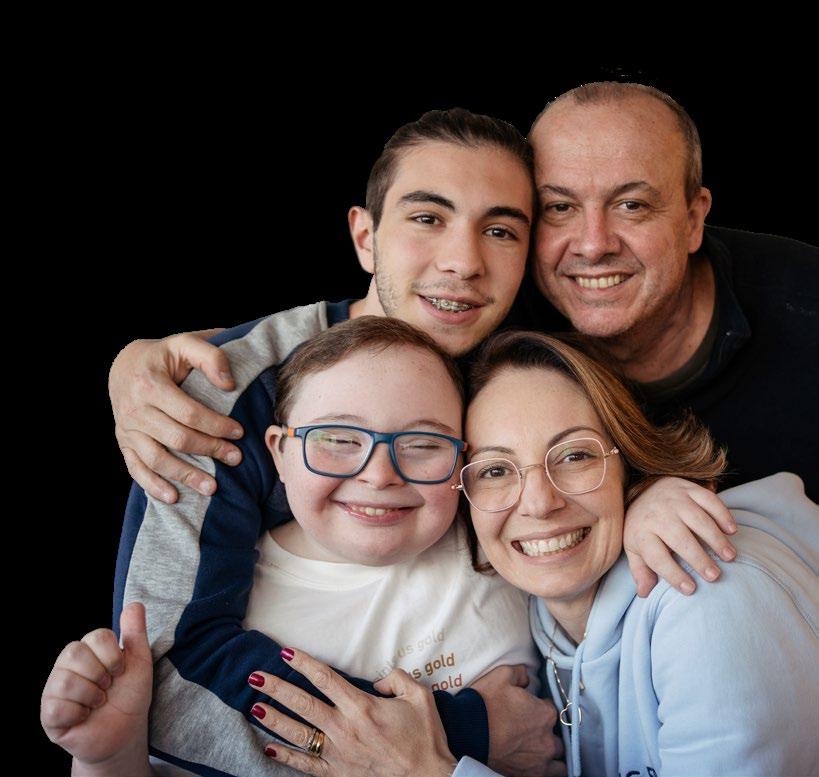
“We will be the first…to define the real value of underserved communities for the rest of the world to create change in the context of their products, services, and jobs.”
- JIM ATWATER, FOUNDER
PERFORMANCE & IMPACT RESULTS
1.0% Annualized Outperformance vs. BM
64% net IRR Private Investments Performance (2018 inception)
73% of thematic capital invested in firms or people of color in leadership roles
17
UN SDGs Targeted by Thematic Impact Managers
Ethic Co-founders Johny Mair


Ethic is an independent, tech-driven asset manager focused on providing customized passive equity strategies with an emphasis on sustainability. The asset manager recognizes the value behind merging investors’ long-term return objectives with sustainable business practices. Ethic seeks to identify and invest in companies focusing on sustainable profitability, which ultimately translates to positive environmental and social changes.
Ethic defines sustainability through the lens of people and planet, though importantly, can design a custom portfolio around each client’s impact and sustainability objectives. The asset manager provides 19 Sustainability Pillars for clients to create a customized portfolio that reflects the clients more detailed impact objectives. The 19 Sustainability Pillars are subcategories of environmental, social, and governance themes, such as animal welfare, immigration justice, and corporate diversity & inclusion. Ethic also provides four ready-to-go values-driven solutions – Climate Change, Human Rights, Corporate Ethics, and Flagship ESG – for clients preferring a pre-packaged solution. In addition to tailoring passive portfolios unique to every investor, Ethic seeks to provide continued influence through active proxy engagement.
Ethic also delivers on their core mission of all investing becoming sustainable investing through the ongoing education provided to clients. Ethic
curates original and third-party content around the 19 sustainability pillars on the client portal. The team provides various ways for a client to absorb the educational material, whether via Ethic TV video shorts, write-ups, or third-party video/ listening/reading options. Ethic does a phenomenal job presenting the content in a relatable, accessible manner.
In addition to these materials, Ethic strongly advocates for a client to understand the overall impact of their active portfolio by providing customized impact reporting. For example, Ethic was able to aggregate data showing the amount of C02 reduction by companies held in the portfolio. Overall, the manager wants to empower investors through knowledge, so they can better empower the companies reflecting their values via investing.
As of November 2022, Ethic is partnered with over 140 wealth advisory firms. The company has over $2.1 billion in assets under management*
Impactive Capital is a long-only, concentrated activist strategy with an emphasis on value-enhancing ESG and impact initiatives. The firm was founded in 2018 by Lauren Taylor Wolfe and Christian Alejandro Asmar, who spun out of Blue Harbour, a well-known activist firm. As of December 2022, the firm managed $2.8 billion in assets under management*, including a strategic $250mm anchor investment from The California State Teachers Retirement Systems.
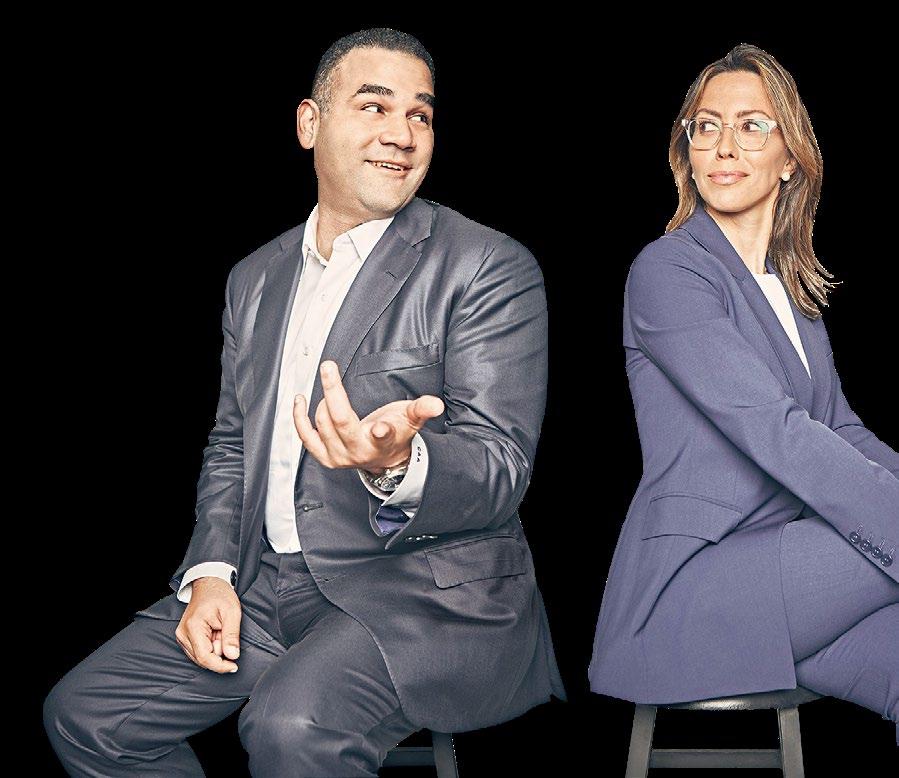
Impactive holds a concentrated portfolio of around 10 small- to mid-cap companies, with a focus on the US market. The team invests in companies with attractive valuations and room for material ESG changes. Importantly, Impactive seeks to be a collaborative activist investor, working with adaptable and visionary boards and management teams to drive strategic value for companies. Impactive seeks to promote positive change by working with management, focusing on capital allocation, prioritizing strategic and operating efficiencies, and implementing value-enhancing ESG improvements. Furthermore, Impactive looks for long-term investment opportunities, with an average tenure of 3 years.
Wyndham Hotels is a great example of an undervalued investment with room for material ESG changes, and an opportunity to actively engage with company leadership. Wyndham has already implemented recommendations from Impactive, including integrating more energy efficient options into its hotel infrastructures, as well as incentivizing customers through loyalty points to reuse or eliminate use of certain items such as linens. While these changes provide immediate impact to carbon footprint, it also improved Wyndham’s’ profitability.

Invests in startups enhancing the livability, sustainability, and economic vitality of cities
Clara Brenner and Julie Lein
ASSET CLASS Venture Capital
Urban Innovation Fund (UIF) invests at the earliest stages in startups that are shaping the future of cities. Urbanization is a secular theme that is affecting our country and our world on a massive scale. In 1920, 50% of Americans lived in cities, while in 2018, it was reported that 82% of Americans live in urban areas*. Globally, approximately 55% of the population lives in cities, and that number is expected to increase to 68% by 2050*. Moreover, the COVID-19 pandemic has further exposed some of the vulnerabilities that come with population density, but has also shined a bright light on the need to invest in enhancing the livability, sustainability, and economic vitality of our cities.
Clara Brenner and Julie Lein, co-founders of Urban Innovation Fund, met in business school at the Massachusetts Institute of Technology, where they had the idea to raise $500k in capital to test their urban innovation investment thesis. Deploying capital raised from private equity giant, Blackstone, and wellknown impact investor, Omidyar
Urban Innovation Fund team, from left, Clara Brenner, Julie Lein and Jenieri Cyrus
Network, the two built a 25-company accelerator portfolio. In doing so, they proved out an edge they had over traditional, generalist VCs in leaning into urban start-ups with regulatory challenges and providing critical regulatory support.
On the heels of raising and investing a successful showcase portfolio, Clara and Julie founded the Urban Innovation Fund to formalize this investment strategy through a traditional, venture capital fund model. The two just finished raising their third institutional fund, which, including a parallel follow-on vehicle, was a $124mm raise – up from $500k in their accelerator and a $24.5mm first fund.
Urban Innovation Fund has invested in companies such as Ethic, a sustainable asset management platform, BookNook, an adaptive literacy program for young readers, and Electriphi, a software solution for fleet operators to help manage the
transition to electric vehicles. Electriphi, an Urban Innovation Fund II company, was acquired by Ford Motor Company in 2021 and represented a 25x multiple on invested capital. All three of Urban Innovation’s funds are in the top quartile according to Cambridge Associates PE/ VC benchmarks, and Fund II is in the top 1% of funds.
The Urban Innovation Fund team has mapped their portfolio companies to the United Nations Sustainable Development Goals (SDGs), and have backed businesses that are tied to 15 of the 17 SDGs. In addition to investing in impact positive business models, UIF has invested in over 50 companies, 79% of which have a woman or person of color on the founding team. Clara and Julie are proud that their startups are working to improve the lives and prospects of city dwellers across the globe.
*Urban Outcomes Report, 2021
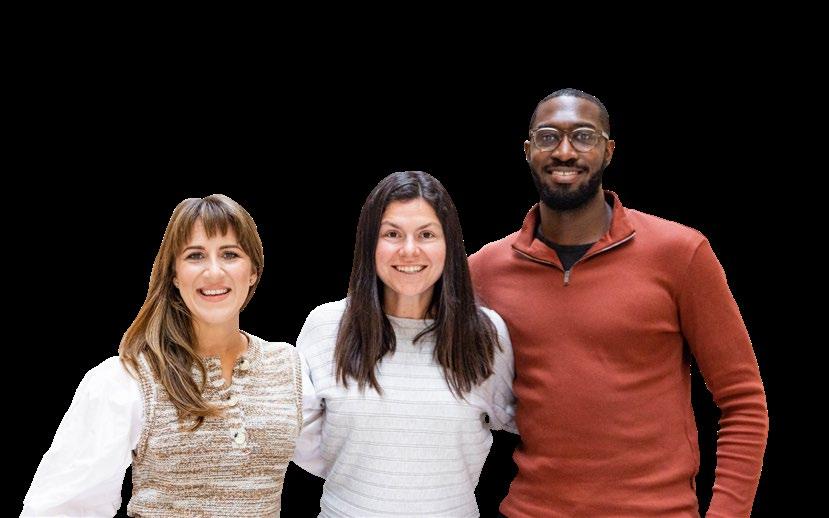
In 2018, Stephen DeBerry gave a TED talk highlighting the segregation-era design thinking that led to the creation of most marginalized communities we see today –and he explained why those places tend to be on the east side of town. This talk, with more than 1.6 million views*, introduced many people to the Eastside Investment thesis. The Eastside investment approach focuses on identifying areas of social, economic, and environmental disparity and invests in new innovations that can push those disparities to prosperity, profitably.
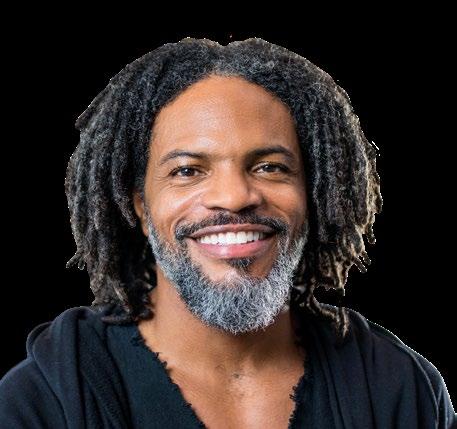
BRONZE is intentionally designed to have a lean team managing a concentrated portfolio of companies, most of which are founded and led by women and people of color. The team has been involved in tech and investing since the dotcom boom of the late 90s, which provides a valuable experience base from which to guide portfolio companies today.
BRONZE portfolio companies are highly impactful and some of the most financially successful companies in the market. For example, Promise (18x growth in Fund I) helps utilities collect payments from low-income customers and helps governments distribute resources, like the $27 billion of rebates designated in the climate bill. Virta (9x growth in Fund I) is the only
non-surgical, non-pharmaceutical, clinically proved way to reverse Type 2 diabetes, a more than $400 billion annual spend category. ConSol USA (12x growth in Fund II) matches diverse talent with high paying tech jobs across the United States.
The ability to support BRONZE portfolio companies isn’t limited by its lean team. To gain more leverage the firm founded the Eastside Alliance, a task-organized network built to expand the reach, resources, speed, and capabilities of the BRONZE portfolio. Members of the Eastside Alliance range from sports organizations like the NBA,
to university partners like the UCLA and UC Berkeley schools of Public Health, and include an ever-expanding network of nonprofits, executives, community activists, entrepreneurs and co-investors who work collaboratively to advance the Eastside movement. The Eastside Alliance has and will continue to grow stronger with time.
BRONZE I has been a top quartile performer each year of its existence. BRONZE II is currently in the top 5% of all US venture capital funds.
*https://www.ted.com/talks/stephen_deberry_why_the_wrong_side_of_the_tracks_is_usually_the_east_side_of_citiesBronze.vc
**Top quartile performance measured by Total Value to Paid in Capital (TVPI) as reported by Cambridge Associates: Venture Capital Index and Benchmark Statistics, September 30, 2021.
†Cambridge Associates: Venture Capital Indes and Benchmark Statistics, September 30, 2022.
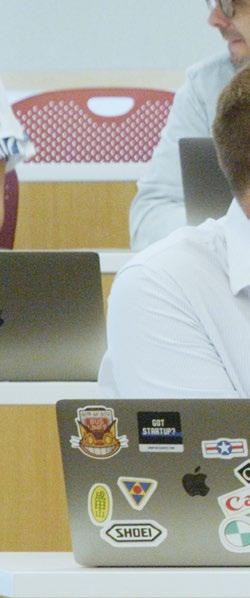
Our portfolio companies’ quantitative outcomes and individual success stories demonstrate how capital can be used in many different ways to make positive social change. Changing millions of lives is already a worthwhile accomplishment, but we know there is still much more to do as leaders in this space.
The field of impact investing is growing rapidly, which necessitates the equal expansion of robust measurement and evaluation practices. Our investment performance is measured against market-rate benchmarks and thus our social performance should be measured against evidence-based impact evaluation standards. As we lead the way in defining and measuring impact performance, we are committed to holding ourselves and our partners accountable to those benchmarks. A crucial next step for the Foundation is to collaborate with experts in the space of social impact measurement– deepening our understanding
of applicable frameworks for evaluating our portfolio’s influence in the world.
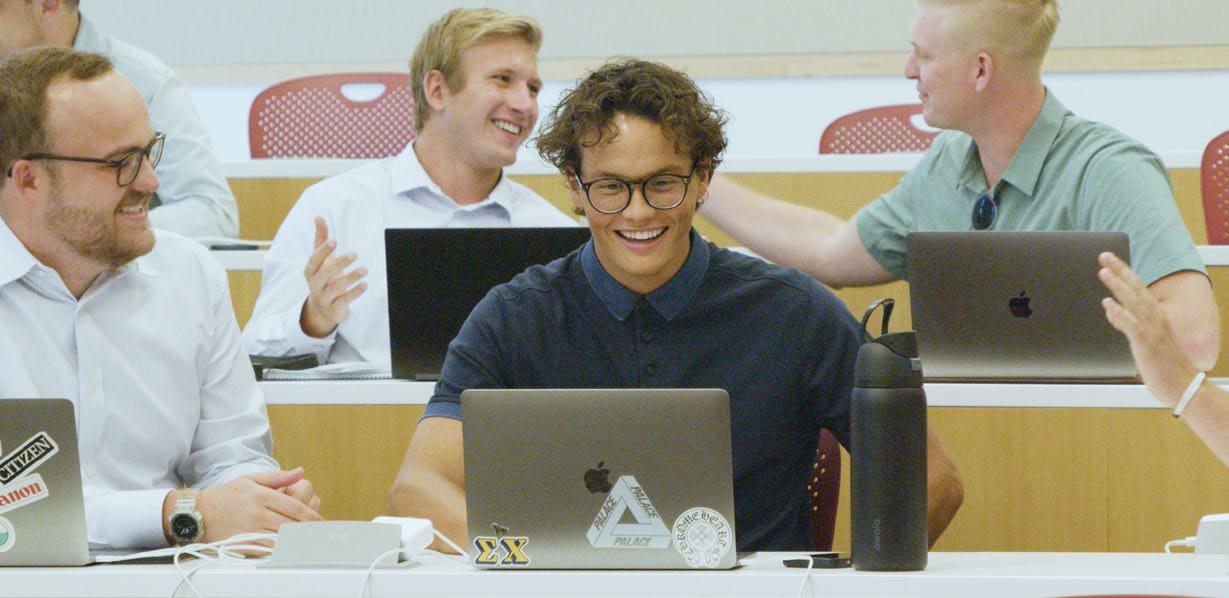
A deeply rooted tenet of the Foundation is the desire to train the next generation of impact leaders. Educating and training students and young professionals is key to ensuring the landscape of impact investing stays true to social impact goals and best practices. At the Sorenson Impact Center, which works closely to support the efforts of the Foundation, we apply a student-centric model in all we do. Our students, termed Impact Fellows, gain substantive investing and social impact experience during their time with the Center.
Our Impact Fellows collaborate with social venture funds, consulting firms, social entrepreneurs, foundations, banks, and other organizations. They are involved with every element of the work, from identifying
“Having the opportunity to work on both the impact investing and impact measurement teams has really widened my perspective on the good that can happen in the world and specifically the mark that the Sorenson Impact Foundation is making. I was able to see firsthand a portfolio company go from receiving investment… into an interviewing process of the company where I came to understand the team’s mission and motives more clearly… I consider myself lucky to have been able to contribute to both the investment and impact measurement processes of a company like Inclusively, and I feel grateful that the Sorenson Impact Foundation has been able to provide such an opportunity.”
 JOSH
-
SPANGLER, IMPACT FELLOW
JOSH
-
SPANGLER, IMPACT FELLOW
potential investments, conducting due diligence, pitching investments ideas, developing impact strategy and measurement structures, collecting data from portfolio companies, and cataloging performance information.




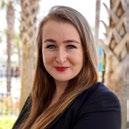







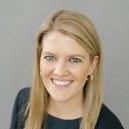

A current impact fellow had the opportunity to experience a near-full cycle of involvement between the Foundation and Inclusively—a portfolio company featured in this year’s report (p. 20). Throughout his internship, he contributed to the teams that pitched a subsequent round of investment for Inclusively, finalized the investment, collected the company’s annual quantitative impact data, and interviewed the co-founder and CEO for additional qualitative information on the company’s history.



We are pleased to see our Impact Fellows go on to have their own individual impact in the world. Our Impact Fellows progress to careers in a wide range of fields and sectors from financial services, data analytics, research, and management consulting. They continue their education at some of the most prestigious graduate programs including Stanford, Oxford, Harvard and more. Our fellows often go on to hold leadership positions and bring an impact perspective to household companies including Microsoft, Google, Goldman Sachs, Apple, Amazon, and more. We are thrilled to participate in their growth and professional progress and hope to instill in them our core principles of positive social impact.

Ethic Inc. is a Registered Investment Adviser located in New York, NY. Registration of an investment adviser does not imply any level of skill or training. Information pertaining to Ethic Inc’s registration or to obtain a copy of Ethic Inc.’s current written disclosure statement discussing Ethic Inc.’s business operations, services and fees is available on the SEC’s Investment Adviser Public Information website – www.adviserinfo.sec.gov or from Ethic Inc. upon written request at support@ethicinvesting.com. Information provided herein is for informational purposes only and does not intend to make an offer or solicitation for the sale or purchase of any specific securities, investments, or investment strategies. Any subsequent, direct communication by Ethic Inc. with a prospective client shall be conducted by a representative of Ethic Inc. that is either registered or qualifies for an exemption or exclusion from registration in the state where a prospective client resides. Information contained herein may be carefully compiled from third-party sources that Ethic Inc. believes to be reliable, but Ethic Inc. cannot guarantee the accuracy of any third-party information.
Ethic Inc. does not render any legal, accounting, or tax advice. Ethic Inc. recommends all investors seek out the services of competent professionals in any of the aforementioned areas. Ethic Inc. cannot provide any assurances that any investment strategies, simulations, etc. will perform as described in our materials. PAST PERFORMANCE IS NOT INDICATIVE OF FUTURE RESULTS. ALL INVESTMENTS INVOLVE RISK, ARE NOT GUARANTEED, AND MAY LOSE VALUE. BE SURE TO FIRST CONSULT WITH A QUALIFIED FINANCIAL ADVISER AND/OR TAX PROFESSIONAL BEFORE IMPLEMENTING ANY STRATEGY.
This report was developed by the Sorenson Impact Center based on survey results self-reported by portfolio organizations of the Sorenson Impact Foundation. The survey requested information from portfolio organization founders and senior leaders about the company’s team, recent financial data, and social impact over the course of FY 2021. Survey data is not independently validated and is intended only to convey the overall growth and performance of the portfolio.
For questions regarding the contents of this report, please contact Savannah Johnson at savannah@sorensonimpactfoundation.org
